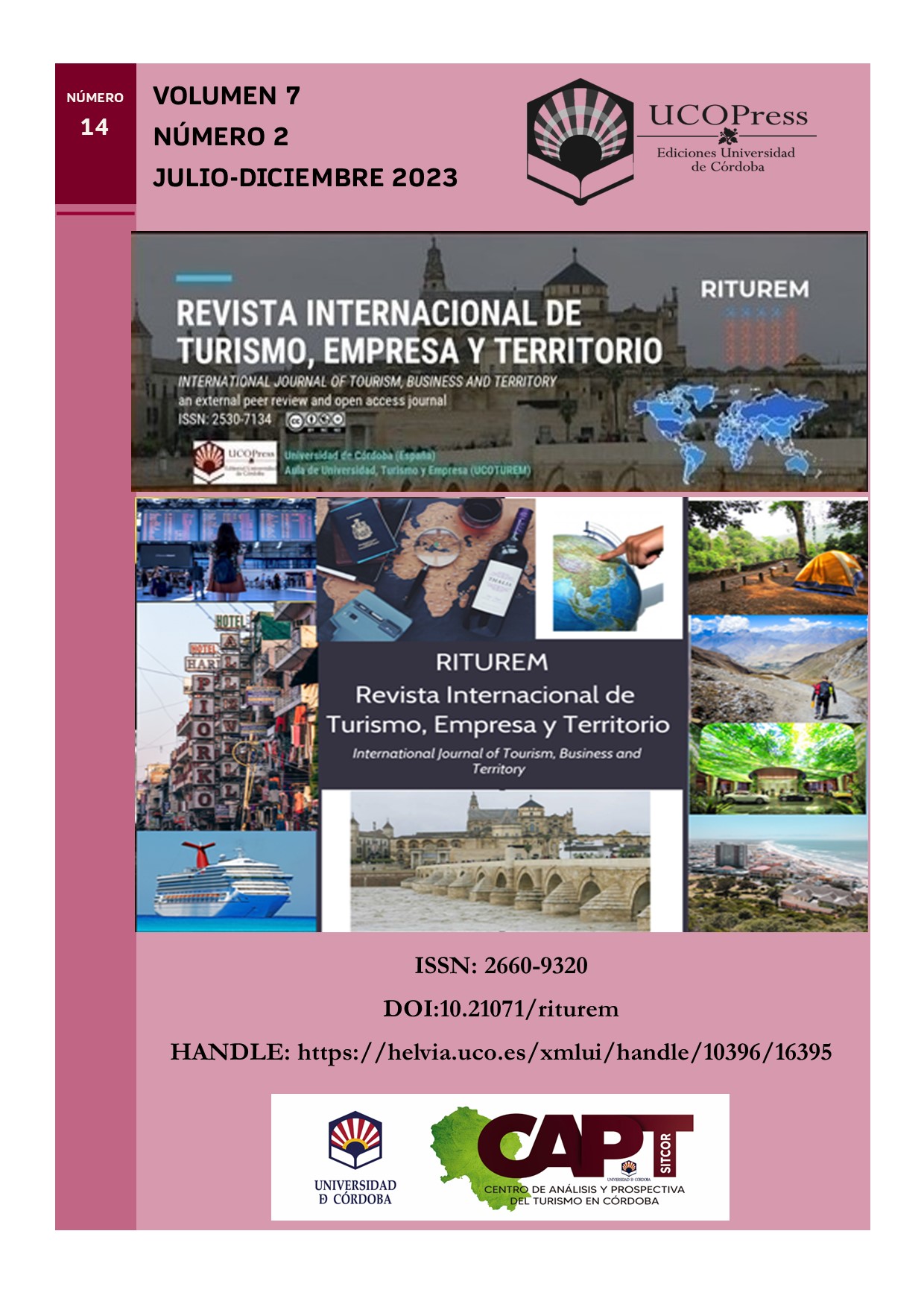The power of cultural heritage in tourism. Example of the city of Zadar (Croatia)
Main Article Content
Abstract
Today, in 21th century when many destinations try to manage with own identity and image to achieve bigger income and other benefits. For that it is necessary competitive identity, as Simon Anholt called it, as well as tourism which is by him most 'loudest' and powerful channel of communication. To gain competitive identity that will be communicated through tourism is usually done using the power of culture - either popular culture or cultural heritage. As all destinations have his own history and specific cultural heritage, cultural heritage can be advantage for many destinations if they can recognize its uniqueness and advantages comparing to other competing destinations. The purpose of this paper is to see whether the cultural heritage is enough strong trump to set the city of Zadar (Croatia) as a city which could build their tourism brand on cultural heritage. The city of Zadar is a city with a very long and turbulent history which can provide to the city to create competitive identity. So far, Zadar achieves positive results within the context of Croatian tourism, but the question is whether and how to achieve even better results? The results obrained from the questionnaires will show us how powerful is cultural heritage of Zadar to attract tourists to Zadar and what tourists think about cultural heritage in Zadar.
Keywords: cultural heritage, competitive identity, tourism, Zadar, Croatia.
Downloads
Article Details
Copyright Notices Proposed by Creative Commons
Proposed policy for journals offering deferred open access
Those authors who have publications with this journal, accept the following terms:
1. The authors will retain their copyright and guarantee to the journal the right of first publication of their work, which will be simultaneously subject to the Creative Commons Recognition License CC BY-NC 4.0 (Creative Commons — Attribution-NonCommercial 4.0 International — CC BY-NC 4.0 ) hird parties to share the work provided that its author and its first publication is indicated this journal and no commercial use is made.
2. Authors may adopt other non-exclusive licensing agreements for the distribution of the published version of the work (e.g., deposit it in an institutional telematics file or publish it in a monographic volume) provided that the initial publication is indicated in this journal.
3. Authors are allowed and recommended to disseminate their work over the Internet (e.g. in institutional telematics files or on their website) before and during the submission process, which can produce interesting exchanges and increase citations of the published work. (See The effect of open access: http://opcit.eprints.org/oacitation-biblio.html.
